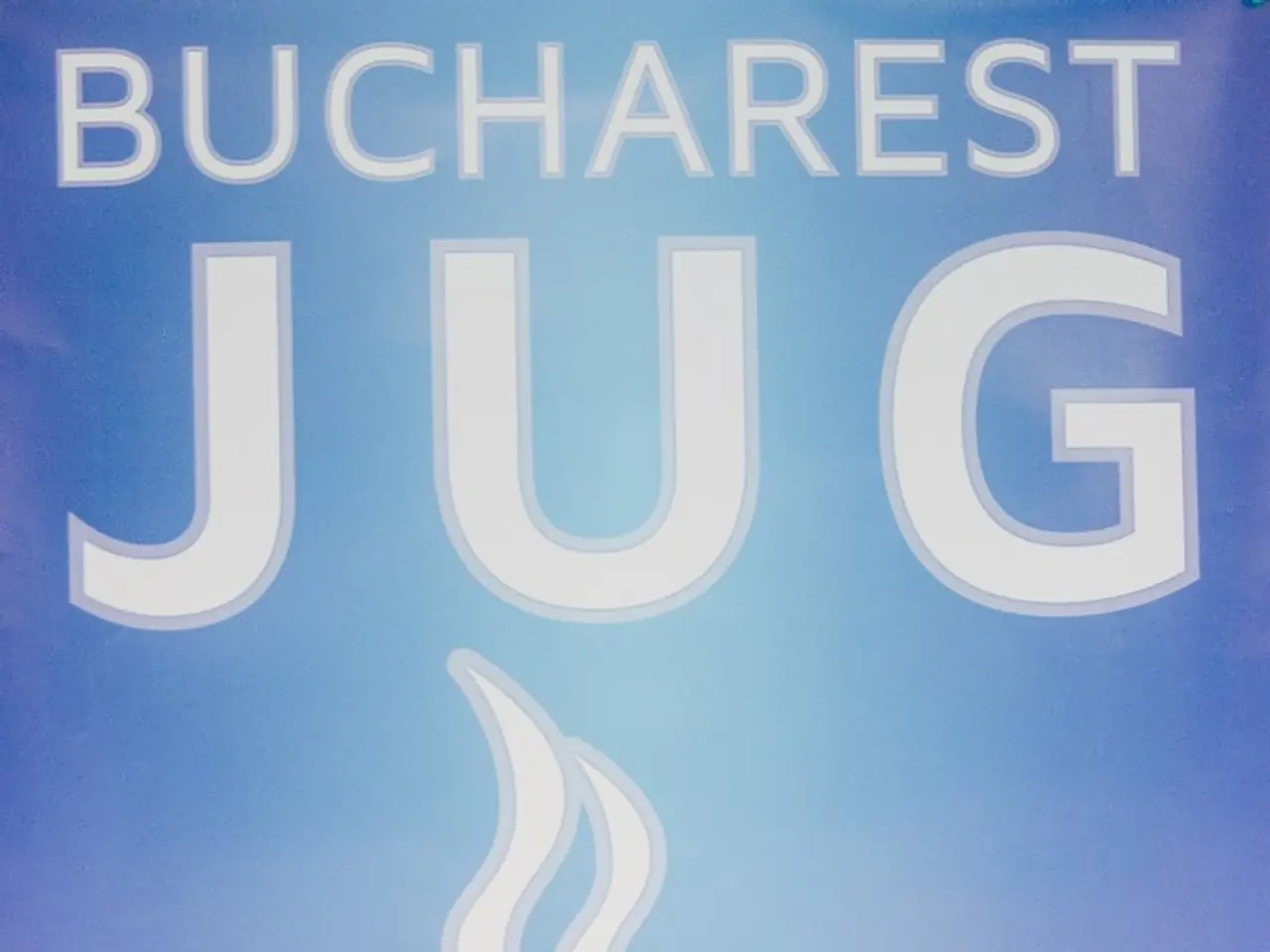Hamburg persists in demanding a significant monetary return in excess of hundreds of millions of dollars
In Hamburg, recipients of bridging aid and restart aid, distributed to support businesses during the pandemic, are facing significant repayment demands. According to the Hamburg Senate, approximately 130,000 cases received a total of €3.8 billion in Corona aid, of which €358 million must be repaid[1].
More than 18,000 recipients have filed objections against repayment orders, with over 400 cases proceeding to court. This indicates widespread disputes concerning repayment demands and challenges to the administrative handling of these aids[1].
The repayment demands apply both to emergency aid (Corona-Soforthilfen) and to later aids like bridging aid (Überbrückungshilfe) and restart aid, which followed. Unlike the bridging aid, the initial emergency aid did not have automatic final accounting procedures, which now causes retrospective verification and repayment orders[2].
Authorities justify repayments on the basis of ensuring proper accounting and use of taxpayer money. However, affected entrepreneurs criticize the process as bureaucratic and overly strict, with insufficient relief from installment or deferral options offered by the Hamburg Senate[1].
Recent legal clarifications from the European Court of Justice (EuGH) may influence the repayment practice. For example, it ruled that aid refusals made incorrectly should be considered granted, impacting bridging aid disputes after June 2022[4]. This could affect repayment claims if aid was rejected wrongly.
Recipients of the aid have only a short window (usually one month) after receiving repayment notices to file an objection or appeal, or the claim becomes finalized, making timely legal action critical[2].
As of now, Hamburg has repaid 48 million euros to applicants of the bridging aid, with the economic authority estimating total refunds at around 200 million euros in the case of the bridging aid[3]. The Senate, in response to a minor inquiry from the Left faction, revealed this information, stating that Hamburg will pay back more money than it demands in the case of the bridging aid refunds[5].
The Left faction in Hamburg criticizes that the repayments of Corona aid are a burden on small businesses. Xenija Melnik, the economic spokeswoman of the Left faction, stated that these rigid repayments are the wrong approach[6].
In summary, recipients in Hamburg facing repayment of bridging and restart aid are currently confronted with substantial repayment demands backed by government and EU rules, but many are contesting these through formal objection and legal proceedings[1][2][4]. The processes remain complex, bureaucratic, and contested, with evolving legal clarifications potentially influencing outcomes.
No specific updated details on repayment schedules (e.g., installment plans or deadlines) were found in the current results, but available protections like extended deferrals and installment payments exist, though are seen as insufficient by affected entrepreneurs[1]. The majority of these aid applications were approved by the investment and promotion bank between 2020 and 2022.
Business owners in Hamburg are grappling with repayment demands for funds received as bridging aid and restart aid, distributed during the pandemic. Despite these repayment demands, over 18,000 recipients have raised objections, and more than 400 cases have been taken to court, indicating significant challenges concerning the handling and repayment of these business aids.




